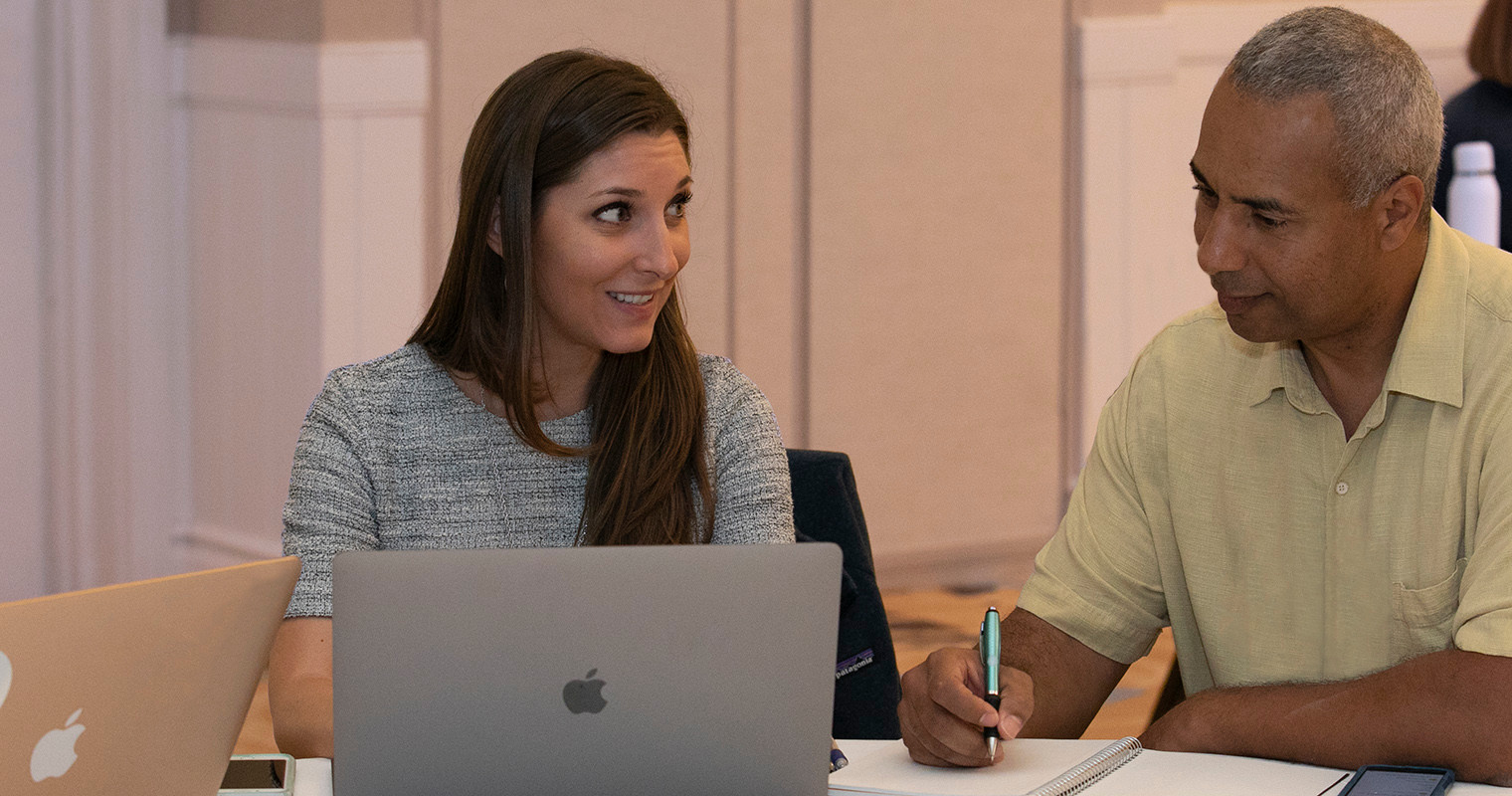
Dear Public Company CFO
On the surface, it was not unique. An email requesting extended invoicing terms for an Aha! subscription. Not atypical considering world events, but it was the tone that made the team look twice. A very successful, publicly traded company was insisting on amending their plan to pay their bill at a future time — many months from now. Their reasoning? The CFO wanted to improve the optics of cash on the books.
Some would argue this makes sense — why pay now what you can pay later?
We have received similar requests from well-known companies that we have served well for a long time. The details differ but the essence is the same. “These are unprecedented times, we are unilaterally now paying vendors 120 days or even further in the future.” And the message is clear — this is just business, it is not personal. Deal with it.
But business is personal. Our software is thoughtfully built by experts and we serve customers with great care. What we provide has real value and it costs us to produce that value. Besides, we have a responsibility to our teammates and our other customers. They rely on us to run Aha! as a profitable and sustainable business.
After a series of back-and-forth emails between the teams, I wanted to help resolve the situation and offer my perspective.
I wrote back that we are all being impacted in unforeseen ways. I have a high school senior. What will his first year of college look like? Who knows at this point. Will any of us be able to see our parents or family members in person that do not live close to us this year? Who knows at this point. How many people will be unemployed and what will the economic recovery look like? Who knows at this point. The future depends on what we do now — how we treat ourselves and one another.
Aha! is a private company of about 100 people. We have never raised any money and have worked hard to build this meaningful business over the last seven years. But like any for-profit company, we need to be paid by our customers in a timely way. We need to pay our teammates, who have families and financial responsibilities. We need to pay our own vendors that we rely on in a timely way, who ultimately need money to pay their employees.
I understand that successful public companies are seeing their customers struggle too. Many of these public companies are not profitable yet. Investors have little sympathy. And yet the business has to report on its earnings quarterly, so there is real concern that spending money leaves a less than ideal picture of cash flow when receivables are delayed.
Here is the problem: Big companies are kicking off a cascade of negative events that flow downstream — this is trickledown economic destruction.
We are incredibly fortunate. Aha! is doing well and our foundation is strong. In a way, we were built for these unprecedented times. We are self-funded, self-reliant, entirely remote, profitable, and have a streamlined cost structure. Our customer base is large and diverse. Adoption of our software continues to grow due to the fact that strategy and roadmaps are not optional for businesses. Ideas that are captured and prioritized today are the future of any organization.
But most companies are not doing well. Too many people are suffering — layoffs and some going out of business entirely. That is why I felt obligated to raise my voice and to hopefully raise the CFO’s consciousness, as I knew my email would be internally escalated. I understand that every CFO has a hard job to do and is facing once-in-a-career challenges. It is also true that publicly traded companies have different fiscal responsibilities and that shareholders are people too.
At the same time, many significant companies showcase their human-centered culture and philanthropic programs. This specific company has a well-defined social impact program. Why not apply that same mindset and support the smaller vendors you depend on during this crisis? It seems like building supportive communities should start with how you treat your team as well as the broader teams of companies that provide your own with needed technology and services.
Everyone needs to do their part — now is the time to act with integrity and care.
Growing a business does not need to be an at-any-cost event. People and profit are not mutually exclusive. As I wrote earlier, we are fortunate. A six-month delayed payment would not impact our company, but we can (and should) consider the impact of our actions and what it says about us. It is conceivable that companies can engage without hurting each other.
Much has recently been written about whether shareholders should always come first. There is no right answer. But if you want to put people first and have a major impact on the lives of others and the greater economy, acting conscientiously is the only way towards a positive outcome.
At a minimum, larger companies need to understand the ripple effect of delaying or not paying their bills.
It is true that smaller companies are at greater risk during this time. But should employees at smaller companies be prioritized over shareholders at larger companies? It is hard to make a value judgement on which individual is more deserving. These are deep ethical and moral questions.
We were able to work out an equitable solution with the CFO in our situation. I hope the conversation helps change how they interact with the next vendor. And I hope you think differently about how we can all work together now and in the future.
Who do you think should come first — shareholders or suppliers and their employees?




